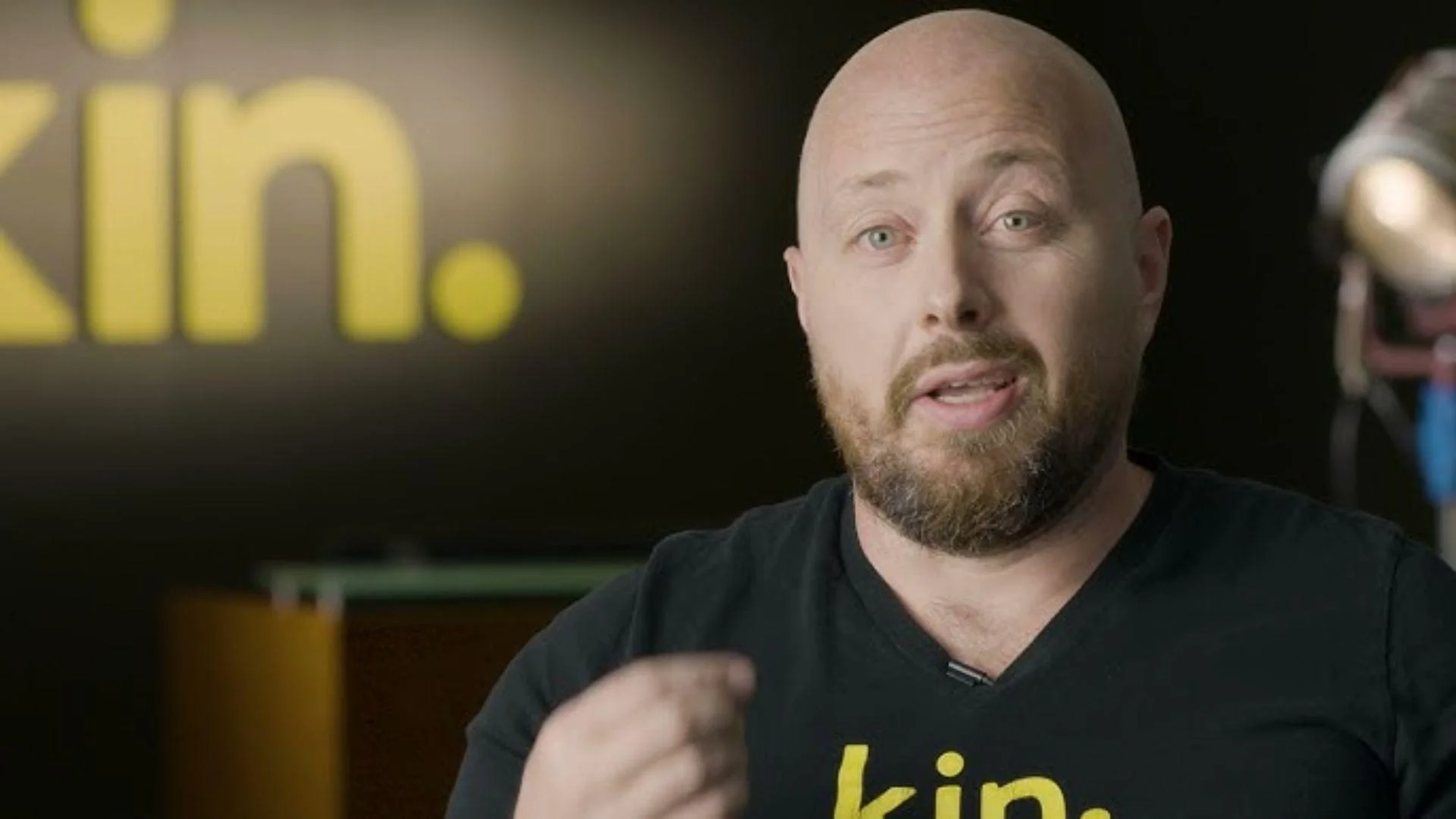Kin Insurance has announced findings from its 2025 Kin Generational Homeownership Survey, indicating that 40% of U.S. homeowners allocate a third or more of their income to housing costs. The survey highlights the increasing affordability challenges within the U.S. housing market, where expenses have outpaced income growth over the past two decades.
According to Kin Insurance, economic pressures such as elevated mortgage rates and insurance premiums have led many households to exceed the traditional 30% budget rule. The company's analysis emphasizes the need for improved financial planning among homeowners to address this affordability gap.
Kin's reciprocal insurance model offers a potential solution for managing rising expenses. Operating through the Kin Interinsurance Network, policyholders share ownership and profits, which reduces administrative costs and stabilizes premiums. This structure reportedly allows customers to save up to 20% compared with traditional carriers while promoting financial resilience through transparency and shared responsibility. Additionally, Kin's digital-first platform enables homeowners to access real-time quotes, bundling, and coverage options.
The survey also reported on the importance of planning for total housing costs, including insurance, before purchasing a home. More than half of U.S. homeowners reportedly failed to budget for their insurance premiums, contributing to overspending. Kin's technology-driven approach aims to mitigate this issue by providing real-time personalized quotes and transparent coverage comparisons.
Founded in 2016 and headquartered in Chicago, Illinois, Kin Insurance is a direct-to-consumer home insurer utilizing technology and a reciprocal model to offer fair and affordable coverage. The company provides various types of insurance across multiple U.S. states with a focus on high-risk coastal regions. Through the Kin Interinsurance Network, members share in financial performance to maintain stability and lower costs.

